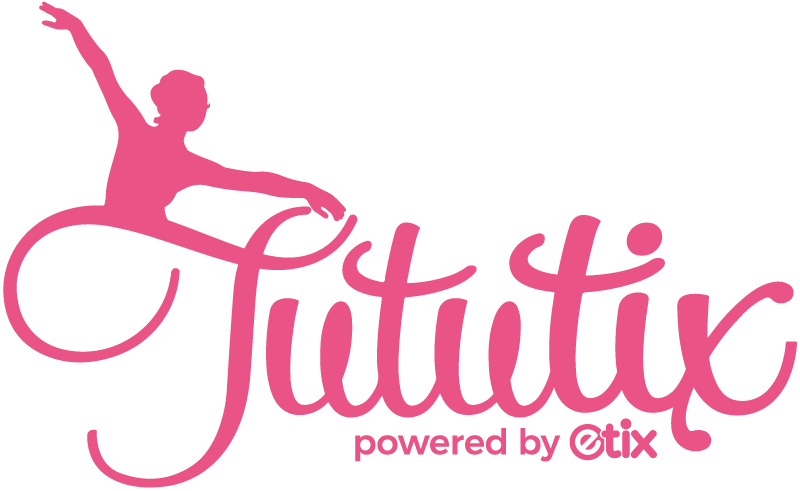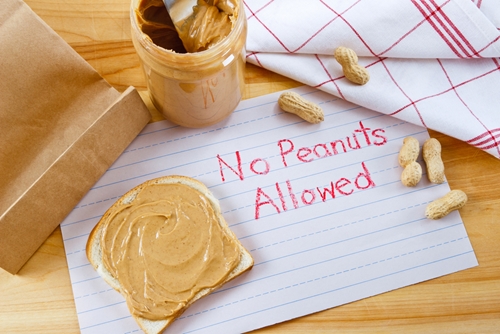According to Food Allergy Research & Education, approximately 1 in every 13 children have a serious food allergy, and the number is rising each year. Because of this trend, there are increasingly strict rules being implemented in schools and day care centers about what foods can be served. While your dance studio probably doesn’t serve up meals to dancers, it’s still important for you to be cognizant about the dietary restrictions of your students and how their needs influence what can be eaten in the studio. Here are a few tips to help you formulate dance studio policy that can accommodate dancers who have dietary restrictions.
No Nuts
One of the most common food issues that you’ll encounter as a studio owner will likely be peanut or tree nut allergies. When one of your students is allergic to these ingredients, it means that you’ll have to be diligent about keeping peanut butter, trail mix, nutty brownies and other potentially dangerous snacks out of the classroom.
It’s a good idea to include a section about food allergies on your registration forms. Once you have a list of students with dietary restrictions, you may want to take time to sit down with each parent and student to discuss how the allergy affects him or her. Some students with minor allergies just can’t eat the ingredients, while others may have a severe reaction simply from coming in contact with nuts. Figure out the best way to keep these students safe, then inform your other parents and dancers of your dance studio policy on nutty foods.
Gluten Gripes
Another food issue that’s increasingly common but that you may not know how to handle is celiac disease. According to the National Center for Celiac Awareness, this autoimmune disease, also known as a gluten allergy, affects 1 in every 133 Americans. Students with celiac disease aren’t able to eat wheat, which means that sandwiches, cookies and other common treats aren’t an option unless they’re specially made.
If your studio holds celebrations for students’ birthdays or other special events, it’s important to keep in mind that some of your dancers may be on a gluten-free diet. Try your best to find food options that everyone can enjoy, whether it’s gluten-free cake or some frozen yogurt. No one wants to be left out because of a food allergy!
Maintaining Proper Nutrition
Besides the logistics of keeping offending ingredients out of the studio, you may also be faced with the issue of helping your students maintain proper nutrition with a food allergy. Experts explain that celiac disease can be challenging for dancers, as wheat products provide much of that needed energy to keep performers on their toes.
“Carbs are important for dancers, period,” Derrick Brown, a nutritionist at Codarts University for the Arts and a former dancer, explained to Dance magazine. “Luckily, there’s plenty of ways to get them without gluten.”
If you find that your gluten-free dancers are lagging during class, you may want to recommend a few dietary tweaks for them. Brown explained to Dance magazine that it’s important for dancers to choose gluten-free foods that are low in sugar and salt. Otherwise, they’ll get a temporary boost of energy only to crash a few hours later. However, be sure that your students are speaking with a medical professional or nutritionist if they have serious concerns about their diets.
When you work to make your studio a place that’s welcoming and accommodating for all students, you’ll have an easier time building strong relationships with your customers and retaining dancers for years to come.


